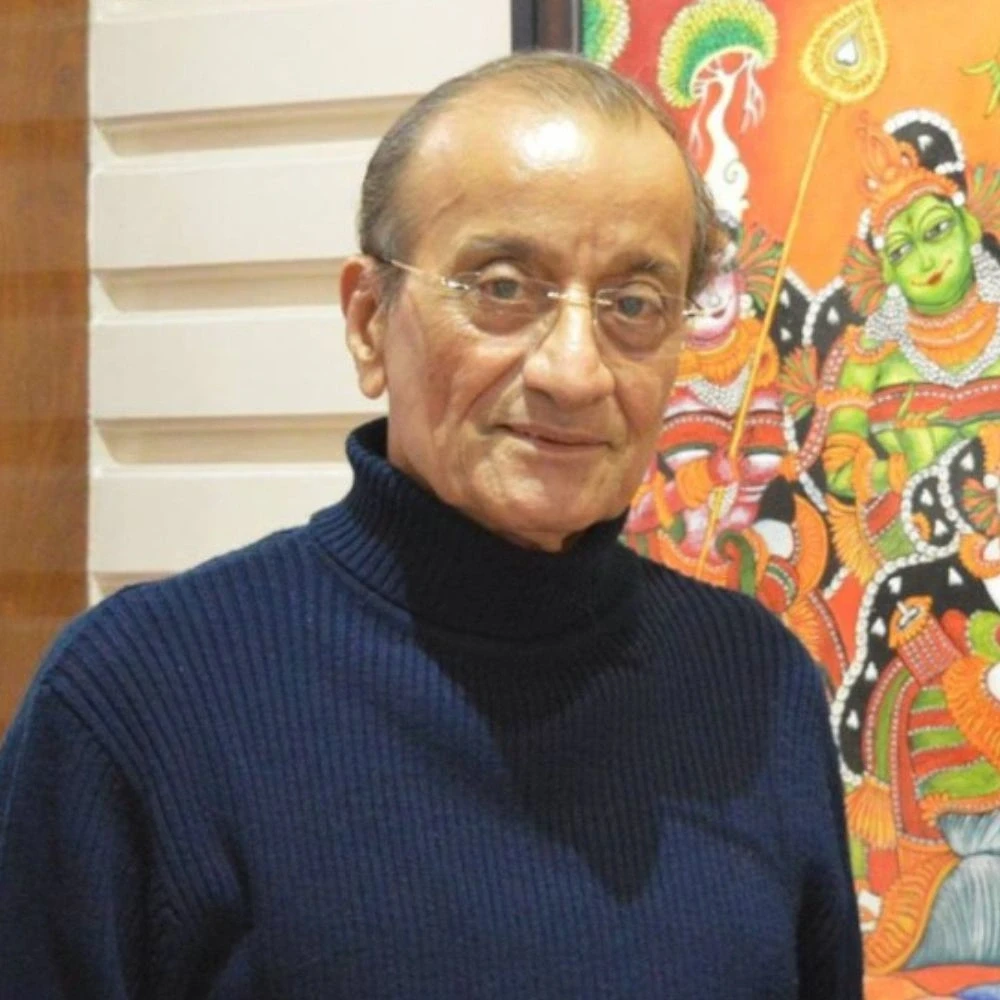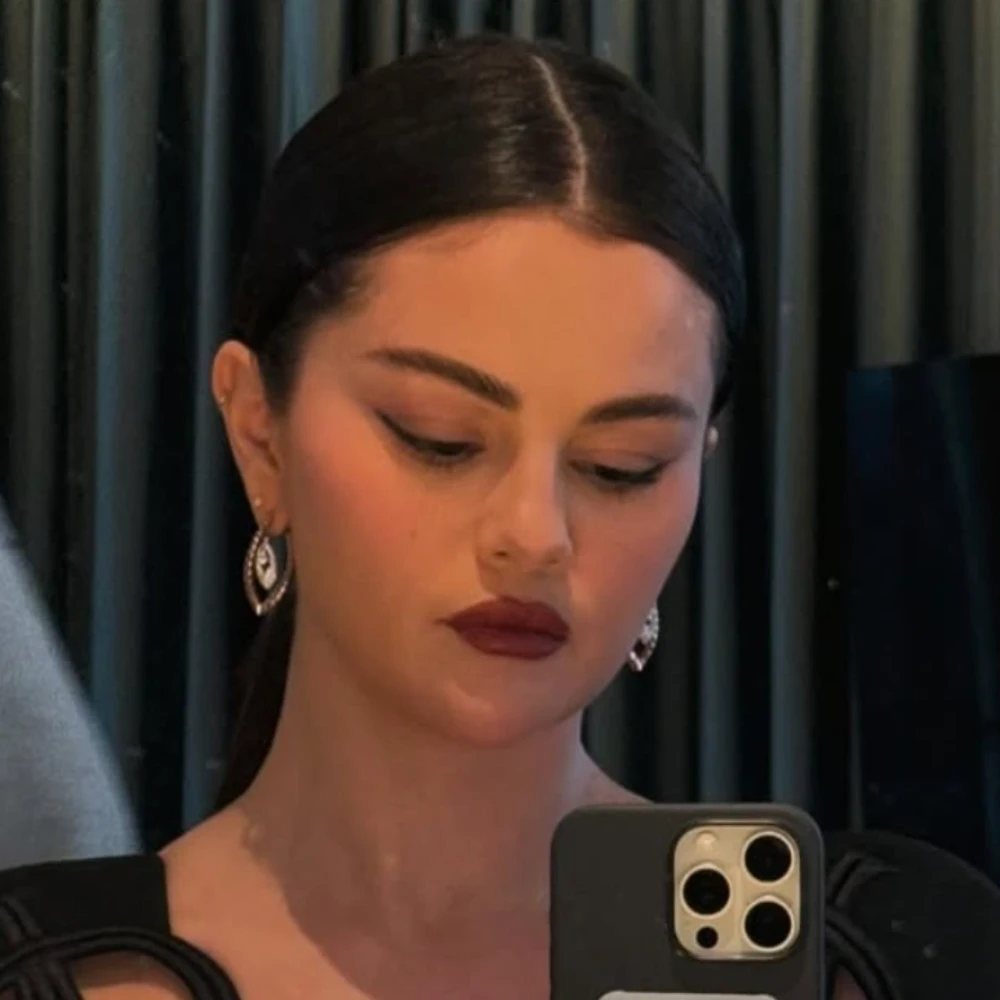Why did BLACKPINK's Rosé cut ties with KOMCA? Experts reveal TRUTH behind K-pop star's decision to quit association
BLACKPINK’s Rosé became the first Korean artist to exit KOMCA in over two decades. The move highlighted royalty issues that continue to disadvantage music creators in the K-pop industry.

South Korea's music industry is currently facing mounting scrutiny. It is not for the performance quality or international reach, but for a less visible issue with profound implications: the inequitable distribution of royalties to music creators. The situation was brought into sharper focus when BLACKPINK's Rosé made headlines for severing ties with the Korean Music Copyright Association (KOMCA).
Rosé's bold move has sparked debate and renewed attention on how Korea's music royalties are handled. Despite the commercial triumph of K-pop on the world stage, songwriters and composers in Korea are earning much less than their peers in other major music markets.
According to a recent report released by KOMCA, only 10.5% of total streaming revenue in South Korea is allocated to the actual music creators: those who write, compose, and arrange the songs. In comparison, creators in the United States receive approximately 12.3%, while the figures are even higher in the United Kingdom (16%) and Germany (15%). This alarming disparity shows how Korean artists and creators operate under a less favorable system.
As per the experts, one of the primary challenges stems from the multilayered structure of Korea's copyright revenue distribution. In the current model, streaming earnings must pass through numerous intermediaries, such as distributors and production companies. Additionally, several copyright management organizations are involved before any of the revenue reaches the actual creators. Each party involved takes a cut of the revenue, leaving behind only a small fraction for the composers and lyricists.
This complex web sharply contrasts with more streamlined systems in other countries, where creators often work with a single publisher or agency. Korean streaming services like Melon reportedly claim about 35% of total streaming revenue. This is noticeably above the global average, which typically stays under 30%. Notably, back in 2008, platforms retained nearly 57.5%, and creators received as little as 5%. While it's true that the situation has improved over time, the imbalance remains a pressing issue.
Against this backdrop, Rosé's decision to exit KOMCA is being seen by many as a strategic move. On October 31, 2024, she formally applied to terminate her registration with the organization. Following a mandatory grace period of three months, the termination was officially confirmed on January 31, 2025. By disengaging from KOMCA, Rosé was able to negotiate directly with platforms or global publishers. She can now potentially retain up to 100% of her streaming income, depending on the terms of the deals.
Meanwhile, Rosé is the first Korean artist since 2002 to leave KOMCA. She followed in the footsteps of legendary singer Seo Taiji, who opted out of renewing his contract more than two decades ago. Her decision is now prompting a wider industry conversation about the protection of creative labor and the future of Korean music publishing. With Rosé's move stirring dialogue, many wonder whether more artists will follow her path, particularly those whose music reaches audiences well beyond South Korea.





 JOIN OUR WHATSAPP CHANNEL
JOIN OUR WHATSAPP CHANNEL

































































